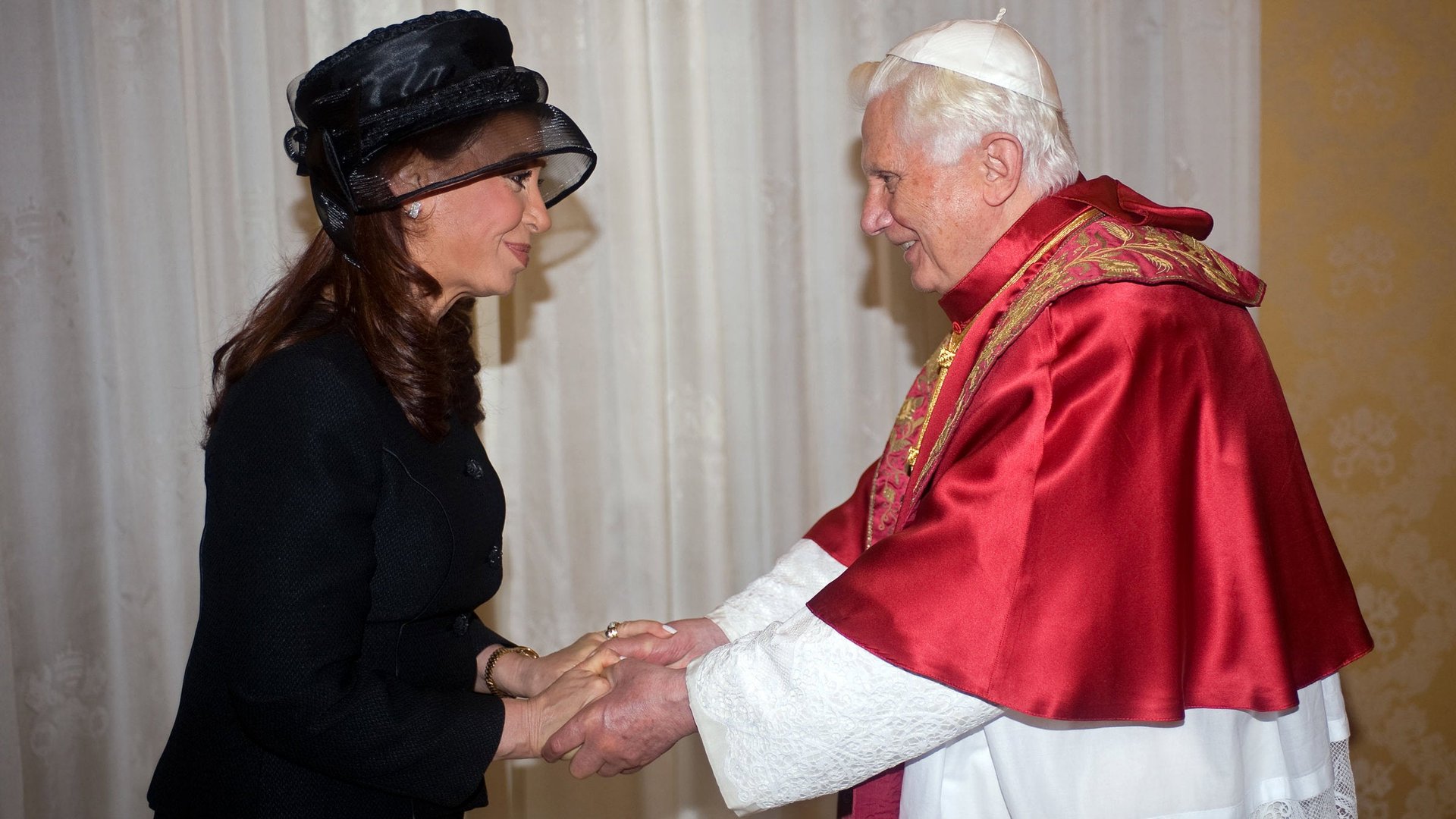The No. 1 problem with lists about women: Just because she’s powerful doesn’t mean she deserves recognition
Now that more of us are managing to make president, prime minister, director and CEO should we all continue to be patted on the back for getting there, no matter what our record or the merit of what we do, just because we are women?


Now that more of us are managing to make president, prime minister, director and CEO should we all continue to be patted on the back for getting there, no matter what our record or the merit of what we do, just because we are women?
This seems to be the rather clunky broadbrush method of myriad list makers desperate to piggyback on the slowly but steadily expanding presence of women in the upper echelons of the workplace and world politics.
Take a recent American University International Relations blog titled “20 Women Changing the World.” It touts old faithfuls former US secretary of state Hillary Clinton and German Chancellor Angela Merkel alongside practically every other woman leader of government in the world, including Argentina’s dubious president, Cristina Kirchner.
Kirchner may certainly be changing things, but is shutting off her economy to global markets by nationalizing privately held energy assets, sparking international lawsuits and fears about the safety of foreign investment in Argentina something to be applauded? Voters are turning away in droves—and still Kirchner gets the nod for ‘‘changing the world’’ from American University. Kirchner is also another woman who inherited power from her husband, a model of dynastic rule that sits uncomfortably with the narrative imposed of equal-opportunity heroines. Not that any of those caveats are included in the hagiographic mini-portrait of the Peronist leader featured on the list.
Similarly, should Queen Rania of Jordan, whose ‘‘vivacious personality and charitable endeavours have combined to make her a national and international celebrity’’ really be featured alongside, say, the formidable Christine Lagarde, the managing director of the International Monetary Fund, or Brazil’s president Dilma Rousseff, a survivor of torture who is capably running Latin America’s biggest economy and helping bring access to electricity even to the poorest citizens?
Just because a woman has achieved power—including via birthright or marriage—doesn’t mean she deserves to receive some sort of accolade for it.
Call it the “Lean In” effect gone awry, but blindly barracking for any women who have achieved some degree of fame, notoriety or influence can seem almost like an insult to other women’s intelligence or the impressive achievements of genuine trailblazers like Lagarde, Merkel or the former US Secretary of State Madeleine Albright. Surely we have reached a point in the feminist revolution when we can distinguish between women of quality and those who deserve less applause, or in fact criticism for their poor records, just as much as underperforming men?
Indeed, underwhelming women leaders in Asia also are held up often as some sort of inspiration for women. The Philippines’ former president Gloria Arroyo, continues to languish in a hospital awaiting multiple corruption trials. During her two-term rule she was occasionally cited as an example along with other women who inherited power (Arroyo’s father was president) in places like Indonesia (Megawati Sukarnopurtri, the daughter of president Sukarno) or India (the Gandhi women) and Pakistan (Benazir Bhutto is also from a political clan). Burma’s Aung San Suu Kyi bucks the stereotype of the ”daughter of” assuming political power and glory however in Asia she is a rarity.
Figureheads don’t necessarily make great feminists nor great stateswomen. The debate came to the fore with Margaret Thatcher’s passing. Yet surely her singularity had so much more to do with her ideological zeal and force of personality and therefore how much she changed Britain—for better or worse, depending on your perspective—than the late prime minister’s gender.
At least in Thailand, voters and the press don’t make any bones about the source of Yingluck Shinawatra’s success–the fact that she is the younger sister of former PM-exiled Red Shirts idol Thaksin Shinawatra and that she has a hairdo that every Thai woman wants to emulate.
They know that doesn’t mean she is changing the world.